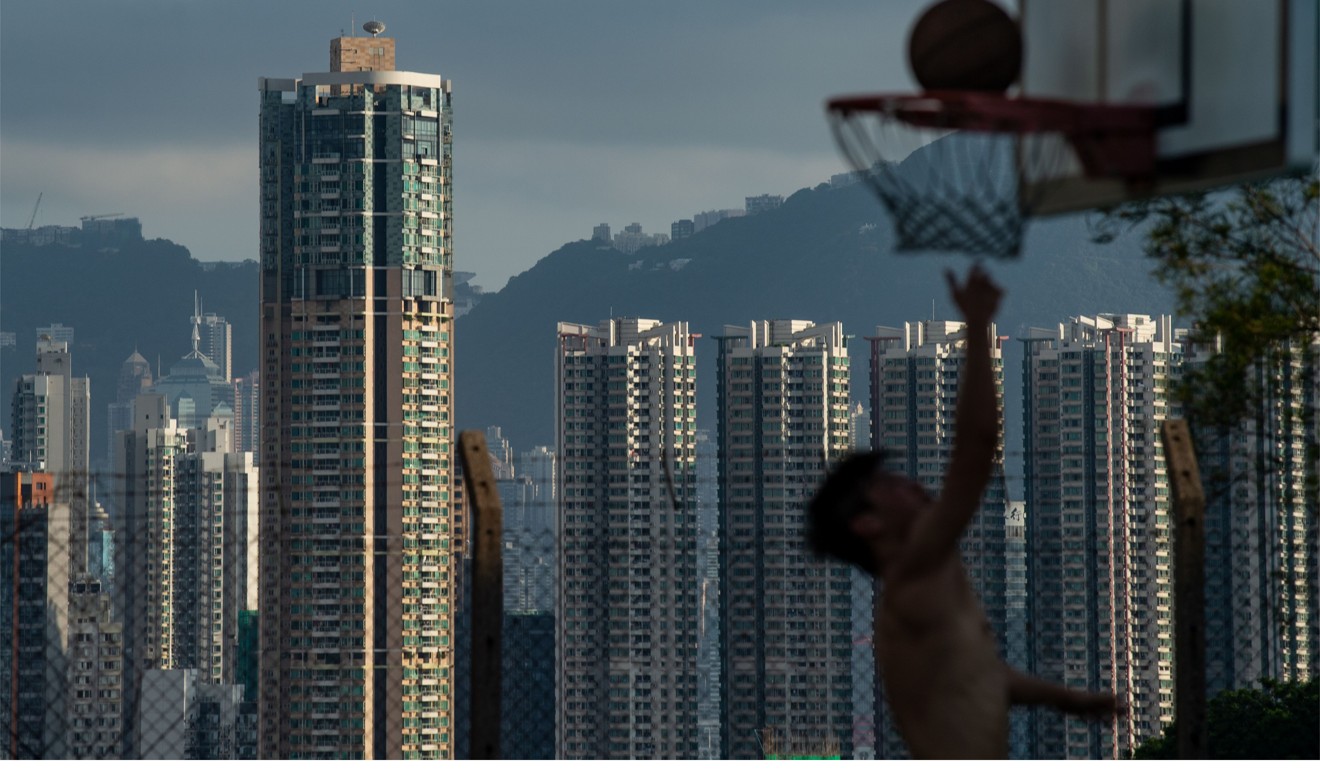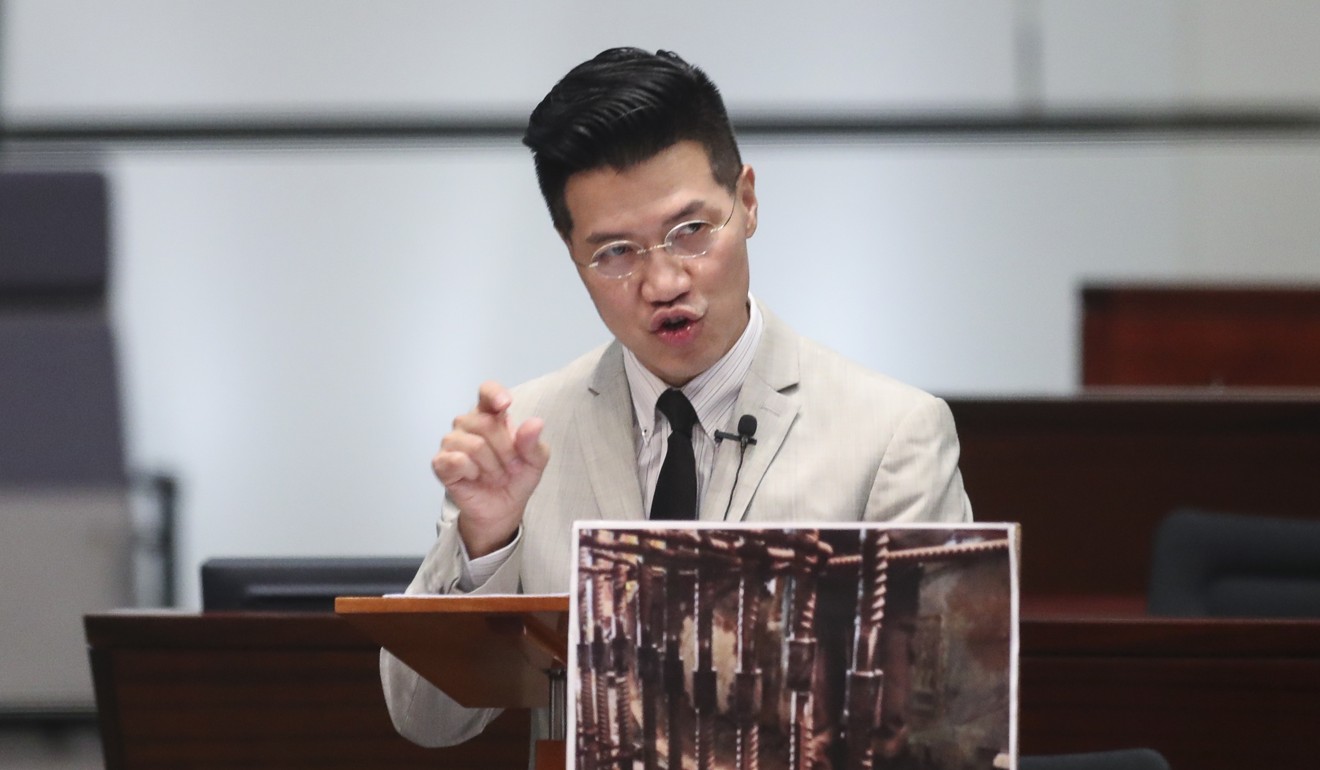
Hong Kong may impose more curbs on non-local homebuyers
If current measures no longer have an impact then government may adopt other policies to address severe housing shortage, chief executive tells lawmakers
Questioned at the Legislative Council on why the government was allowing an “influx” of migrants from across the border while home prices remained above the reach of most local residents, the city’s leader said she was open to new measures to improve the severe housing shortage, but refused to elaborate.
She said she did not want her remarks to trigger a reaction in the property market, where resale prices for private flats have risen for 26 straight months as of June.

“If the [current] property cooling measures … can no longer bring any impact, is it possible for us to adopt other policies and measures under the severe housing shortage?”
Hong Kong developers raise prices, confident that buyers will snap up flats
In addition, if a property owner sells a flat within three years of purchase, he or she must pay an extra stamp duty of up to 20 per cent, depending on how long they held the property.
However, buyers are said to be exploiting loopholes to avoid paying billions of dollars in stamp duties. A land concern group recently identified at least 126 cases over the past eight years of non-local buyers, mostly mainlanders, acquiring flats by buying companies that own homes. Such deals only incurred a share transfer tax of 0.2 per cent.
Overall, in the primary and secondary residential markets, non-local individual buyers only accounted for 1.3 per cent of the 69,260 transactions in 2017, according to statistics from the Inland Revenue Department (IRD). The figure dropped from 3.9 per cent in 2012.

Lam was responding to localist lawmaker Gary Fan Kwok-wai, who highlighted an arrangement negotiated with Beijing before Hong Kong’s return to China in 1997, which allows up to 150 mainlanders to reunite with their families in Hong Kong each day.
The Neo Democrat party member said the government should fight for its right to vet, approve and issue such one-way permits. “How can Hong Kong cope with these newcomers every year with its limited land resources?” Fan said.
Stamp duty loophole cost Hong Kong purse HK$9.4 billion in 8 years
He was referring to Beijing’s plan to integrate nine mainland cities, Hong Kong and Macau into a financial and tech powerhouse to rival Silicon Valley.
But Lam stood her ground at her final question-and-answer session at Legco ahead of its summer recess, stressing that efforts to provide enough land for housing were separate from the city’s population policy.
When she took office last July, she pledged to improve housing affordability and help more Hongkongers, especially young families, become homeowners.
Chinese University associate professor of economics Terence Chong Tai-leung said increasing the stamp duty for non-locals would do little to help, as previous transaction records showed these buyers had been willing to pay to own property.
The government collected HK$1.7 billion (US$217.9 million) from foreigners paying stamp duty in June – a six-year monthly high since the levy was introduced in 2012, according to IRD data.
Land reclamation ‘an unavoidable part’ of Hong Kong’s future
A more effective way would be for the government to follow mainland China’s example, limiting foreigners to buying one property for self-occupation, Chong said.
“But this would not bode well for Hong Kong’s development as an international financial centre, so it’s best not to interfere with the private property market,” he added.
Separately, Democrat Andrew Wan Siu-kin said he had written to President Xi Jinping, calling on Beijing to release some of the underutilised military land occupied by the People’s Liberation Army in Hong Kong to solve the housing woes. But a government spokesman on Thursday reiterated that it was not an option for increasing land supply.


